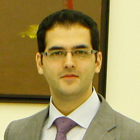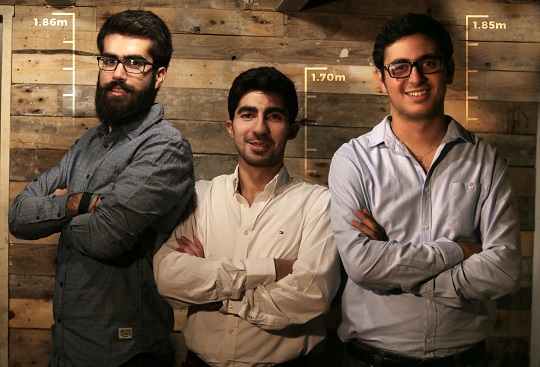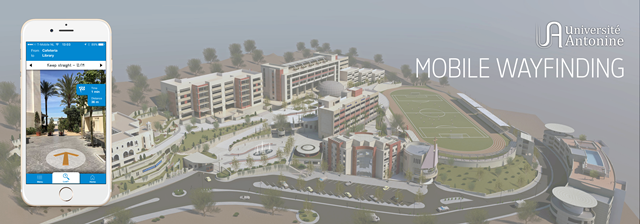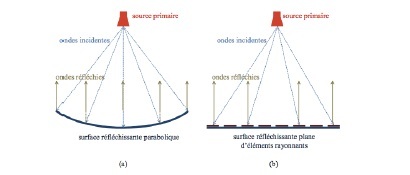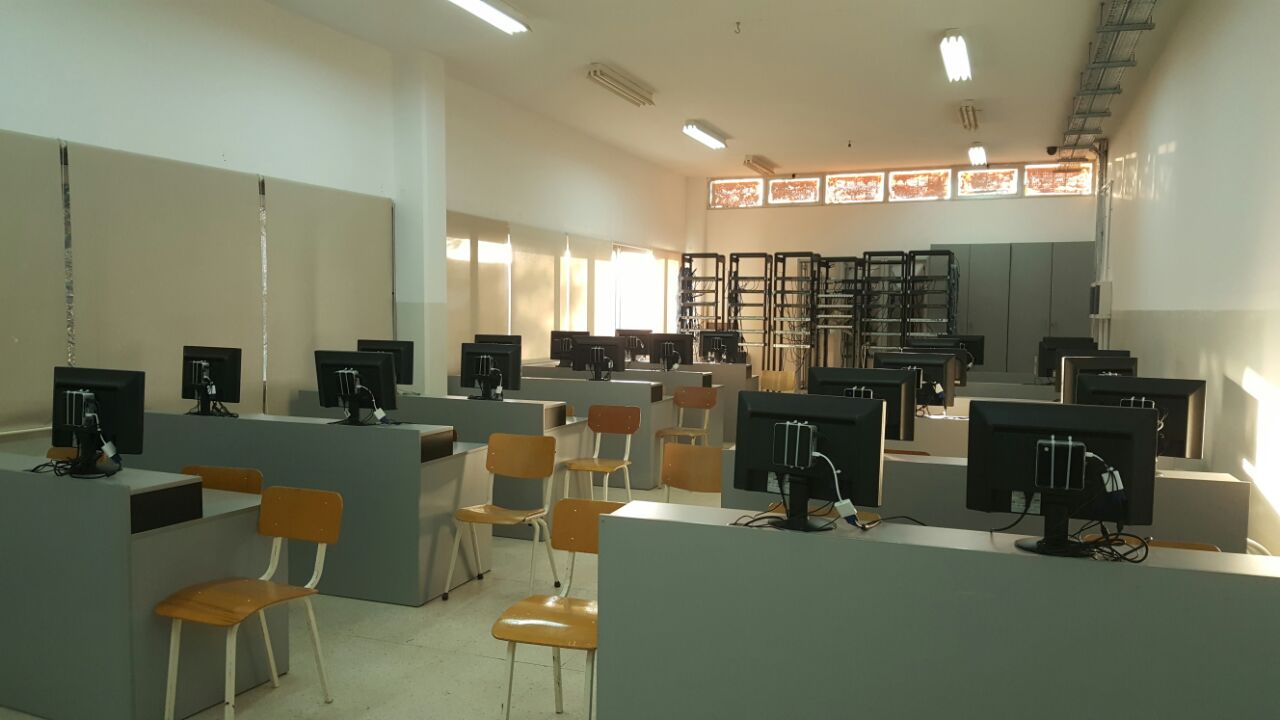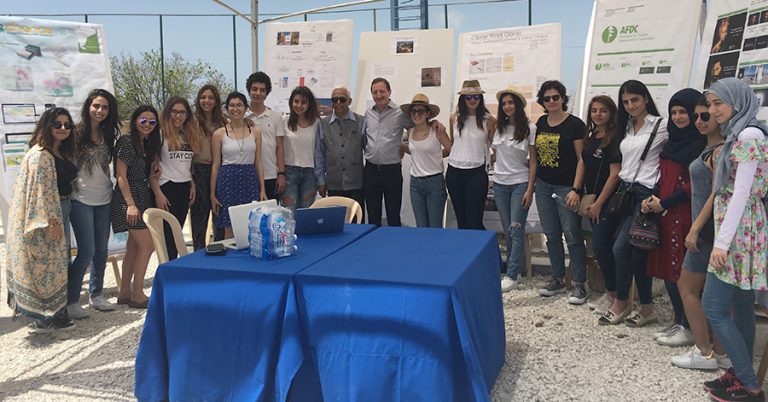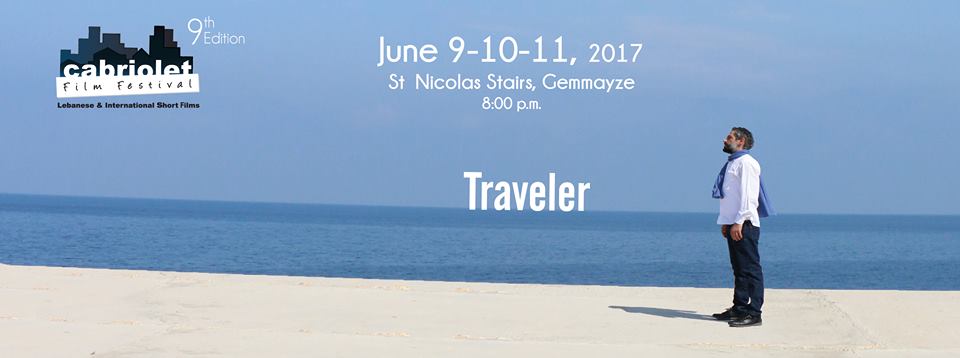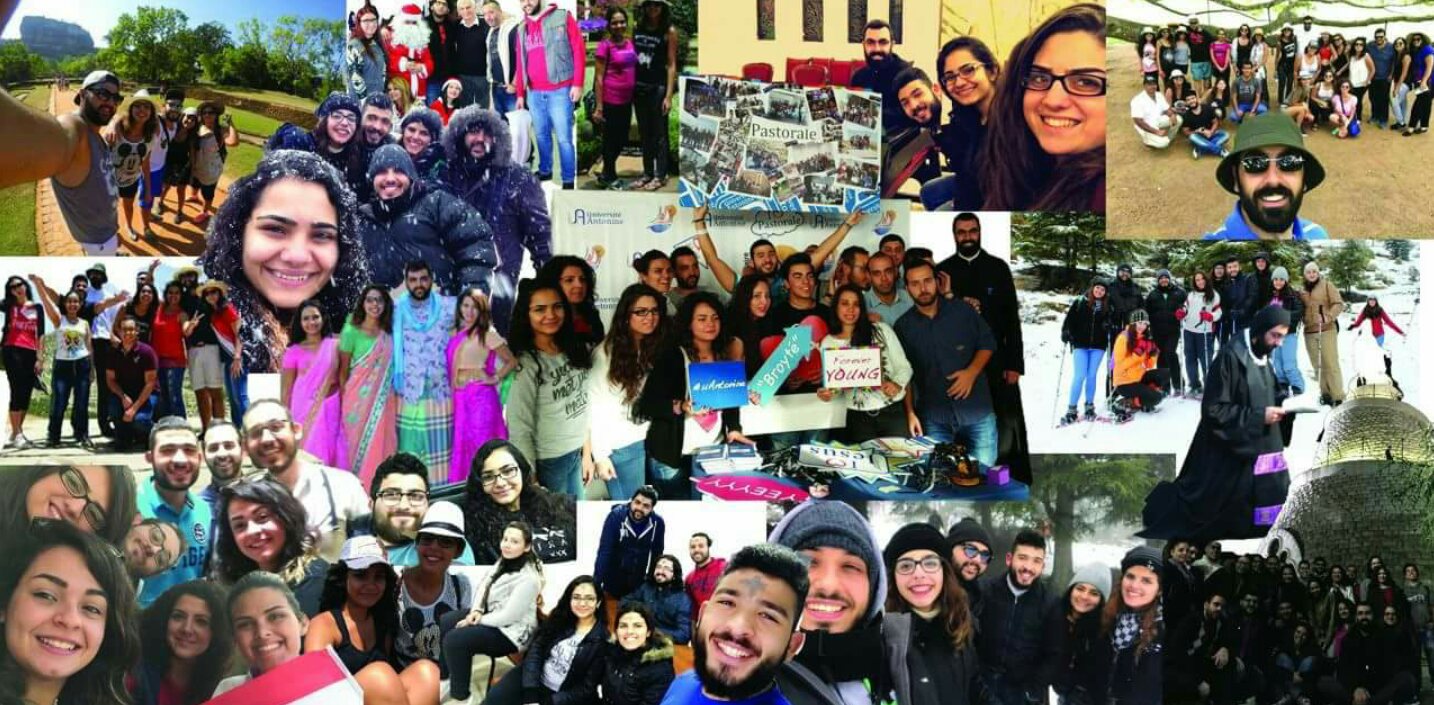"In fact ,technology is nothing . The most important is what you make of it !"
Given the importance of information societies as a path for achieving sustainable development, universities and academic institutions were all forced to improve their quality of education through deploying Information and Communication Technologies (ICTs) in their learning processes.
Furthermore, the integration of ICT in students daily life became a challenge for institutions of higher education, which are considered as the starting point to the progress of societies that cannot be achieved in isolation from the rest of the world. In such environment, many pioneering inventions and advanced researches will have the opportunity to come to light; however, there is always a fear of having them left in the drawers or on the shelves, and thus, one day, they become obsolete.
“From here emanated the idea of adopting Technology Transfer or Transfer of Technology (ToT) process at the Université Antonine that consists of transferring skills, knowledge, outcomes, and technologies among universities and other institutions to ensure a wider reach,†explains Rony Darazi, Dean of the Faculty of Engineering at Université Antonine. The ToT aims at bridging the gap between academic projects and the market at different levels such as the economical, security, health care, lifestyle, etc…
This linkage was primarily provided by technopoles, which are developed either by the private sector or private-public partnership centers with the Universities. These combined technological and business hubs are usually established around globally acclaimed universities to scan and inspect the latest technological innovations, endorse and hire their architects.
Dr. Darazi asserts that the Université Antonine is embracing the practice of transforming the academic projects into practical ventures. Through this time-intensive and complex engagement, the University is reinforcing its two main missions of education and research with a third one: serving the society. “The Faculty of Engineering is leading on this way through encouraging applied research in the fields of ICTs. Students are given the opportunity to maximize their own potentials in their final year projects with specified themes, partially funded by way of technological components and modules, and the assistance of a supervisor throughout the whole scientific process, from conceptualization, design and development to market assessment and commercialization. The projects are evaluated according to three criteria: creativity and innovation, quality and performance of the prototype, and the commercial readiness of the end product,†he adds.
Winning projects will benefit from a financial support, which will allow the students to fully implement their projects on the ground based on the appropriate marketing strategies. “The University makes sure to give an equal support to the students and their supervisors to help them in creating new startups that can be absorbed by the market,†concludes Dr. Darazi.
Keep an eye on this section, which will shed the light on the most innovative students’ projects aiming at making the world a better place!



